
Many people believe that if they feel deep love for someone, the relationship must be worth holding onto. The thrill of connection, laughter, and shared dreams can blind us to darker realities. But what happens when those beautiful highs are paired with controlling behaviour, sudden anger, gaslighting, or manipulation?
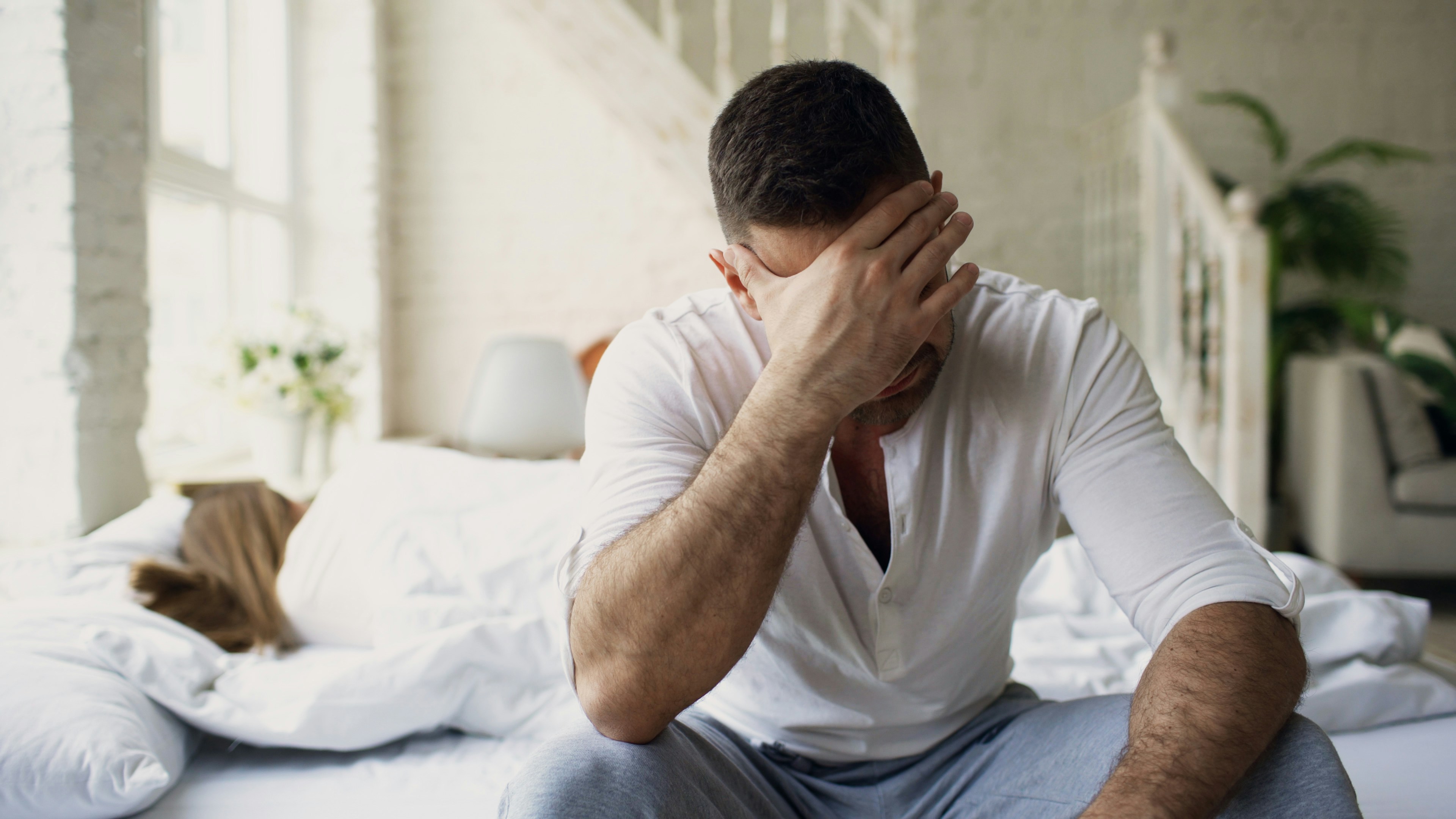
I often hear clients say, “But we connect on so many levels” or “I just can’t let go because I love him/her.” The truth is, love in the sense of strong feelings is not enough if the relationship lacks respect, kindness, accountability, and a willingness to grow.
Unhealthy relationships can be confusing precisely because they are not always bad. The moments of connection and intimacy can be intoxicating, making the hurtful episodes feel like unfortunate exceptions. When the “good side” of the partner returns, it’s tempting to believe that this is the real relationship, and that the rest can somehow be endured or fixed.
But in a healthy relationship, the good doesn’t need to erase or compensate for harm. Disagreements and imperfections are normal. Belittling, controlling, or frightening behaviour is not. At the heart of love lies respect — and also accountability. A loving partner recognizes when they’ve caused hurt, takes responsibility, and shows a genuine commitment to learn and change. Without those qualities, the relationship remains stuck in damaging cycles, no matter how wonderful the good times may feel.
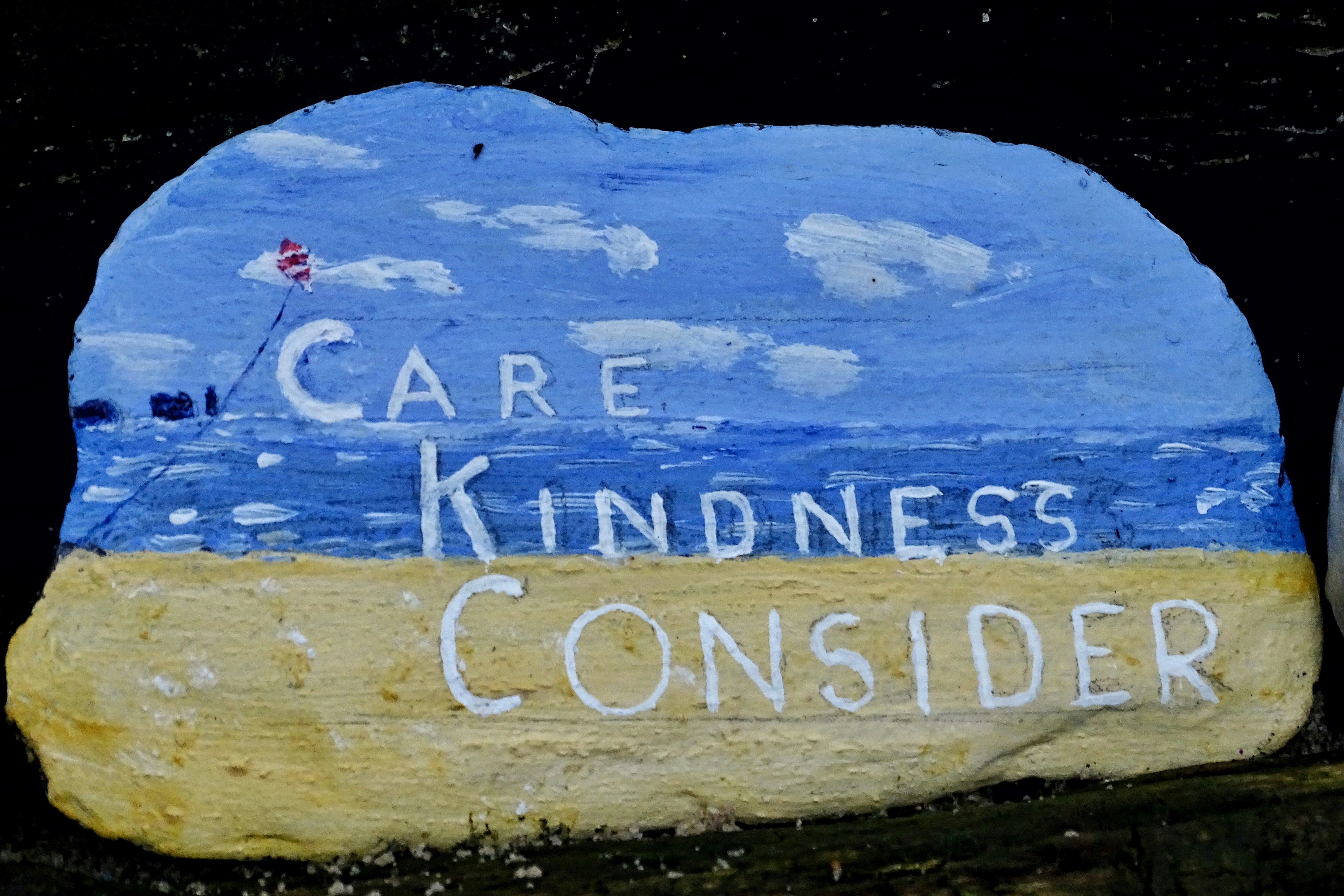
This is where it helps to distinguish between love as an emotion and love as an attitude or commitment.
When someone insists, “But I love him” or “I love her so much,” they are usually describing the first kind. But the second kind is the one that sustains intimacy over time. Passion without responsibility isn’t love. Connection without accountability isn’t love.
Many of us are tempted to define our relationships by their high points. We hold on tightly to the beautiful conversations, the shared values, or the joy of being understood. Yet both the good and the bad are real.
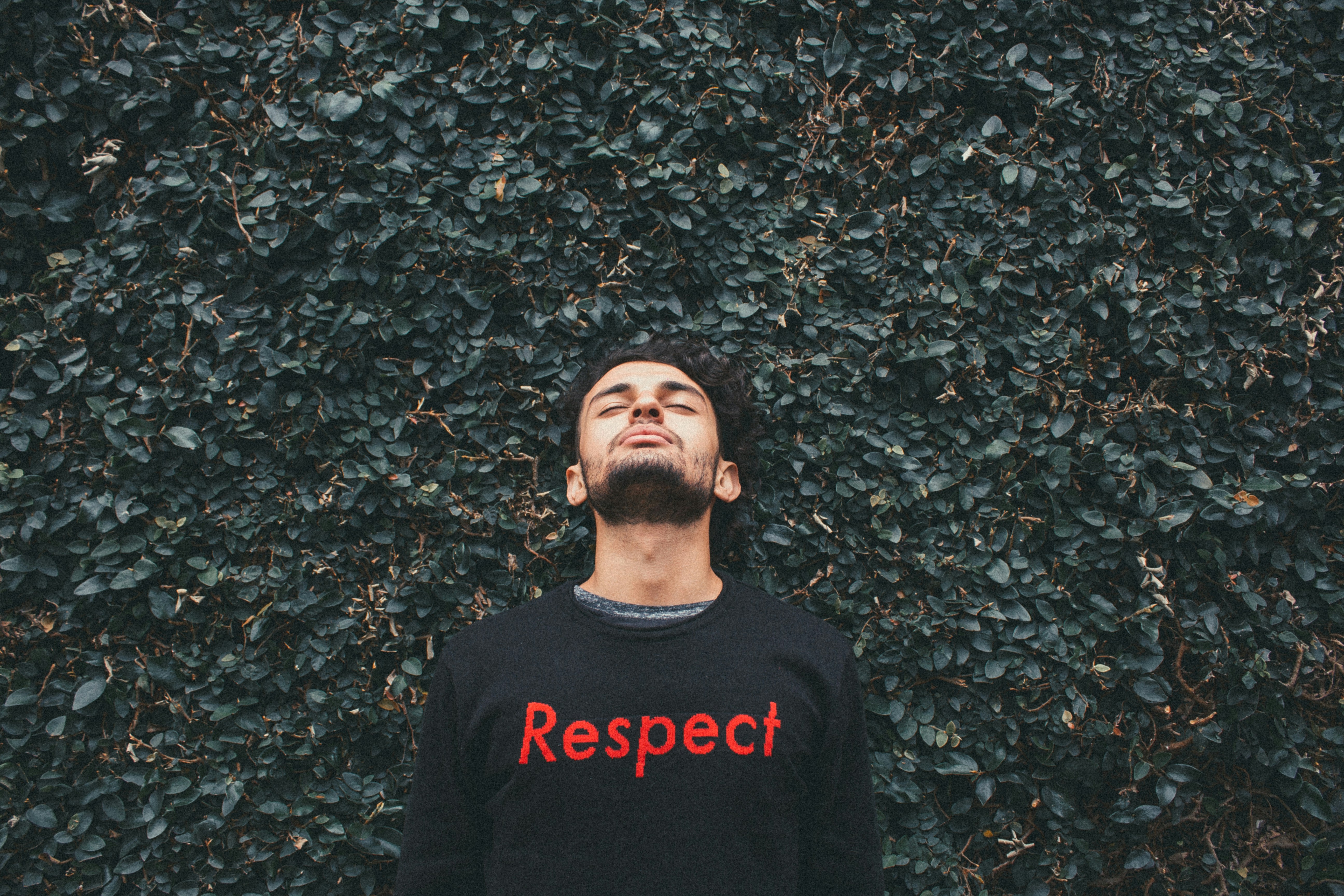
A relationship cannot be measured only by its highlights; it must be evaluated by its overall pattern. If the pattern involves cycles of fear, disrespect, or manipulation — and if apologies are not followed by genuine accountability and change — then the good moments are not enough to make it healthy.
So why do people cling to these rollercoaster relationships? The answer is rarely simple.
Part of it has to do with how our brains respond to unpredictability: when love and tenderness arrive inconsistently, it actually makes us cling harder, much like gamblers at a slot machine.

Hope also plays a role. Many convince themselves that if they are patient, loving, and forgiving enough, their partner will change. Fear of losing the “good side” of the partner is another powerful force, especially when the highs feel unlike anything experienced before.
Over time, self-esteem can also erode, leaving a person believing this might be the best they can hope for. All of these factors combine to make leaving — or even recognizing the problem — incredibly difficult.
When confusion sets in, I often encourage clients to step back and reflect in a different way. Instead of asking, “Do I love this person?” try asking:
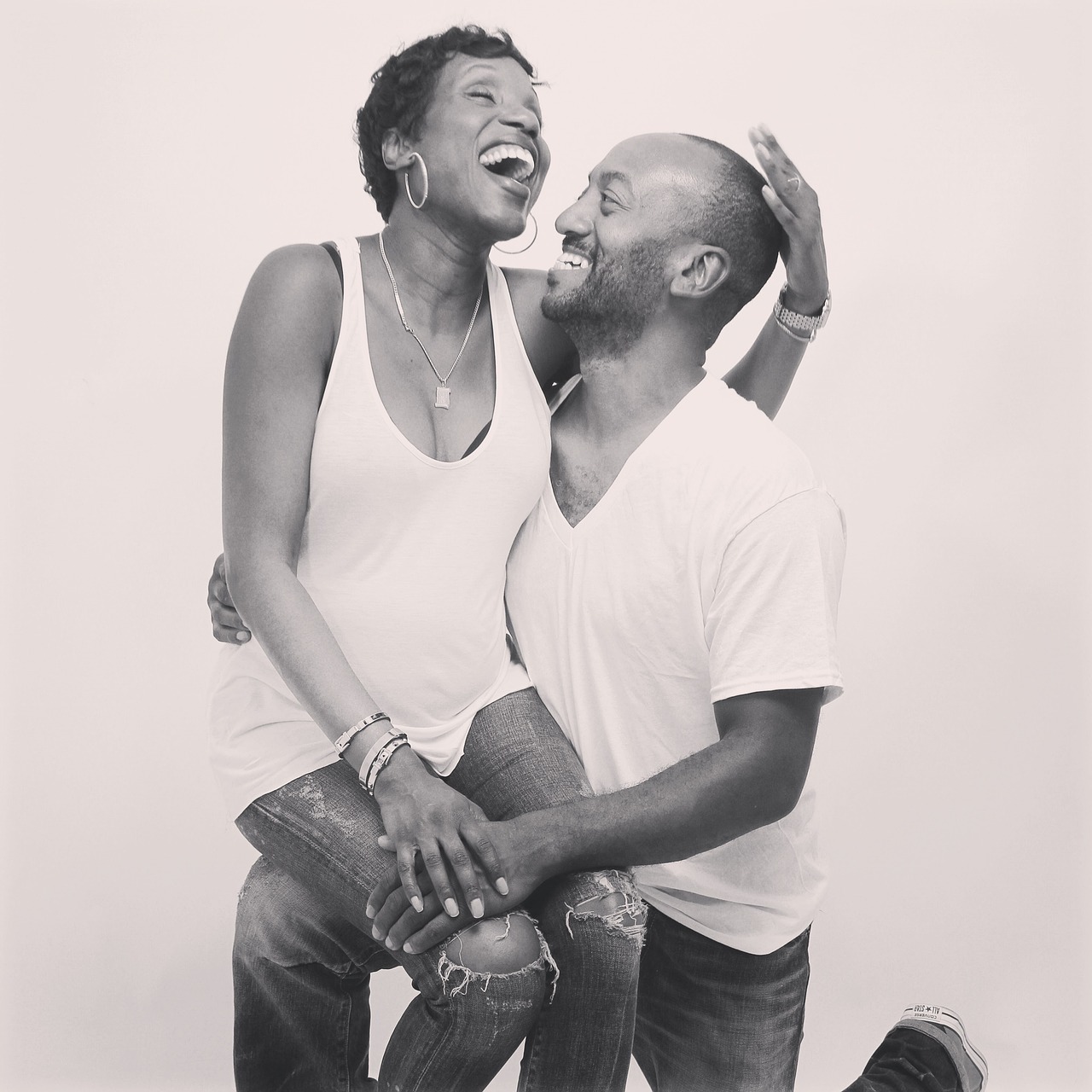
The answers to these questions are often revealing. A partner who cannot be accountable, who refuses to learn or grow, may provide fleeting highs but will not create a loving foundation.
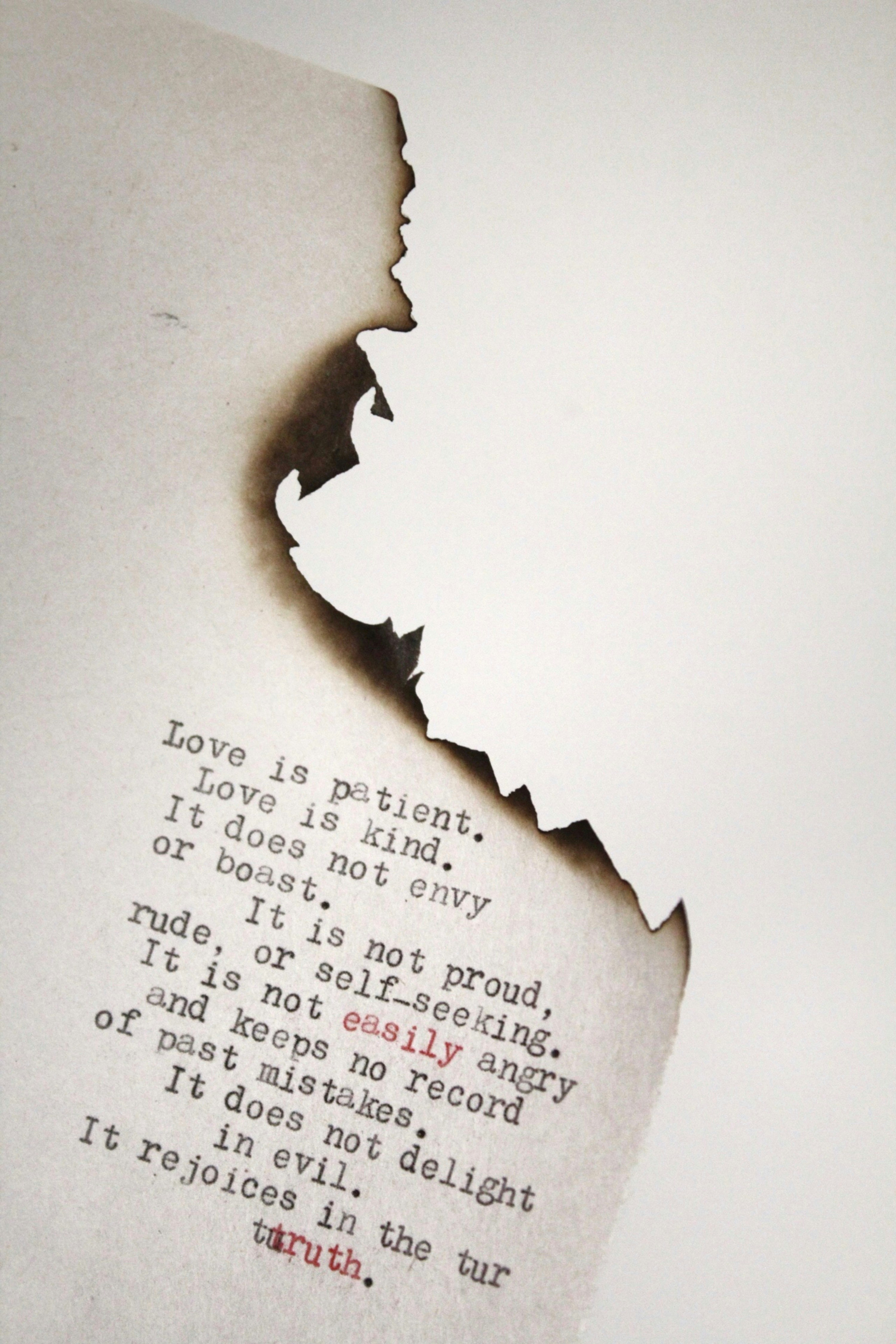
Recognizing the reality of an unhealthy relationship is painful, but it opens the door to something better. Love should involve both affection and responsibility. A partner who genuinely loves will admit when they’ve been wrong, take your perspective seriously, and work to change harmful patterns.
This doesn’t mean perfection — no one gets it right all the time. But the difference between a healthy and unhealthy relationship often comes down to whether accountability exists. Without it, apologies are empty, promises are short-lived, and the cycle continues. With it, trust and intimacy can deepen over time.
For those trapped in rollercoaster dynamics, a crucial step is separating feelings from choices. You can love someone and still choose not to stay if their behaviour harms you. Building up self-worth, reconnecting with supportive communities, and learning to redefine love not just as passion but as accountability and respect are powerful steps toward change.
All relationships have rough edges. We all carry quirks and limitations. Learning to accept those differences is part of love. But tolerating cruelty, disrespect, or repeated harm is not. True love involves growth, responsibility, and mutual care — not sacrificing your dignity to preserve fleeting highs.
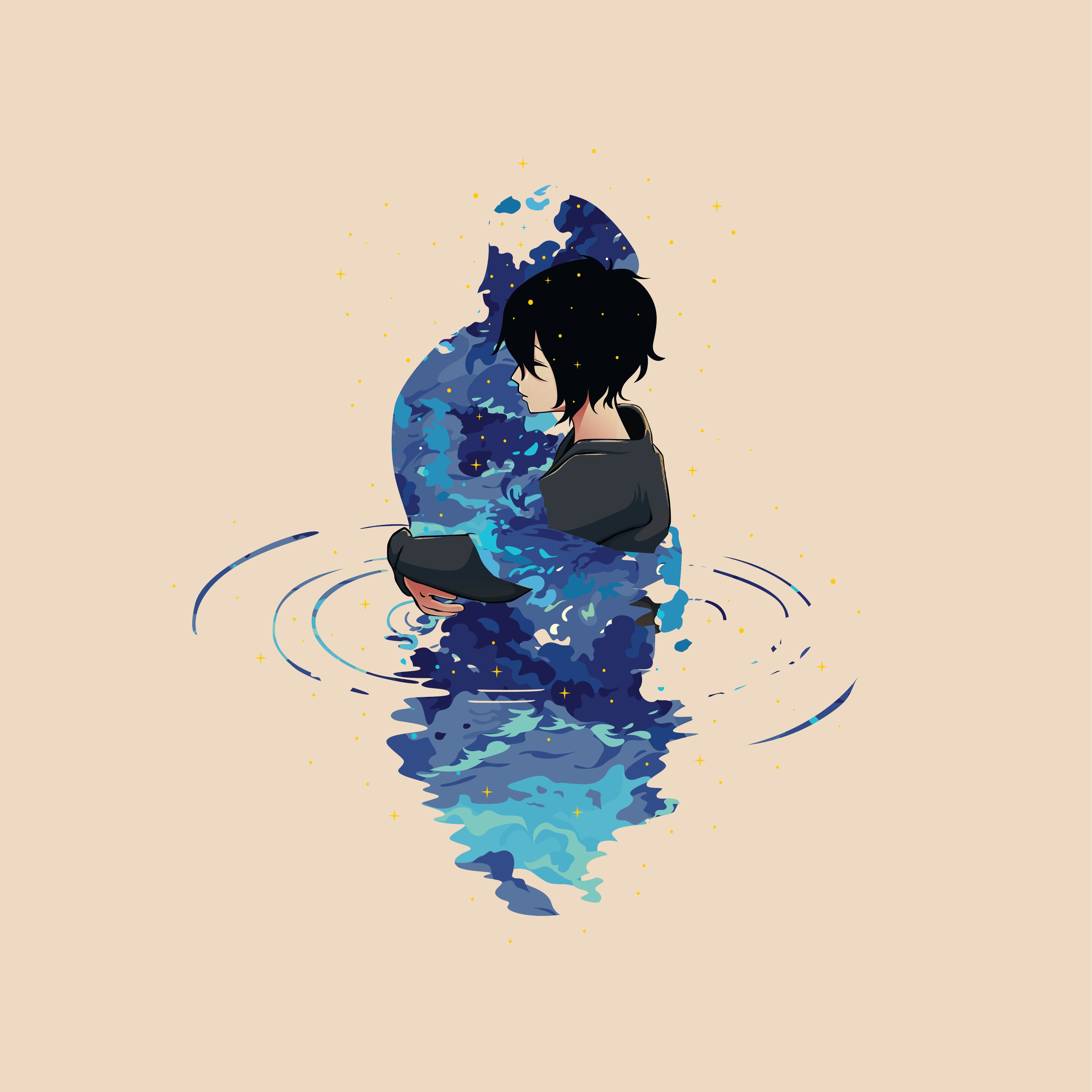
If you recognize yourself in these words, know this: you are not weak,you are not crazy, and you are not alone. Many people struggle with the pull of intoxicating highs even while suffering through the lows. But love that is worth holding onto is not just about passion. It’s about steady respect, responsibility, and the willingness to grow together.
The kind of love you deserve will not leave you doubting yourself or excusing cruelty. It will challenge both of you to become better, more compassionate people. It will be imperfect, yes — but it will also be safe, respectful, and accountable. That is the love that lasts.

For further reading, you may find these sites/articles helpful:
What a Healthy Relationship Really Looks Like (from Psychology Today)
12 Signs you're in a Healthy Relationship (from the Cleveland Clinic)
The Difference between Healthy and Unhealthy Love - TED talk with Katie Hood
